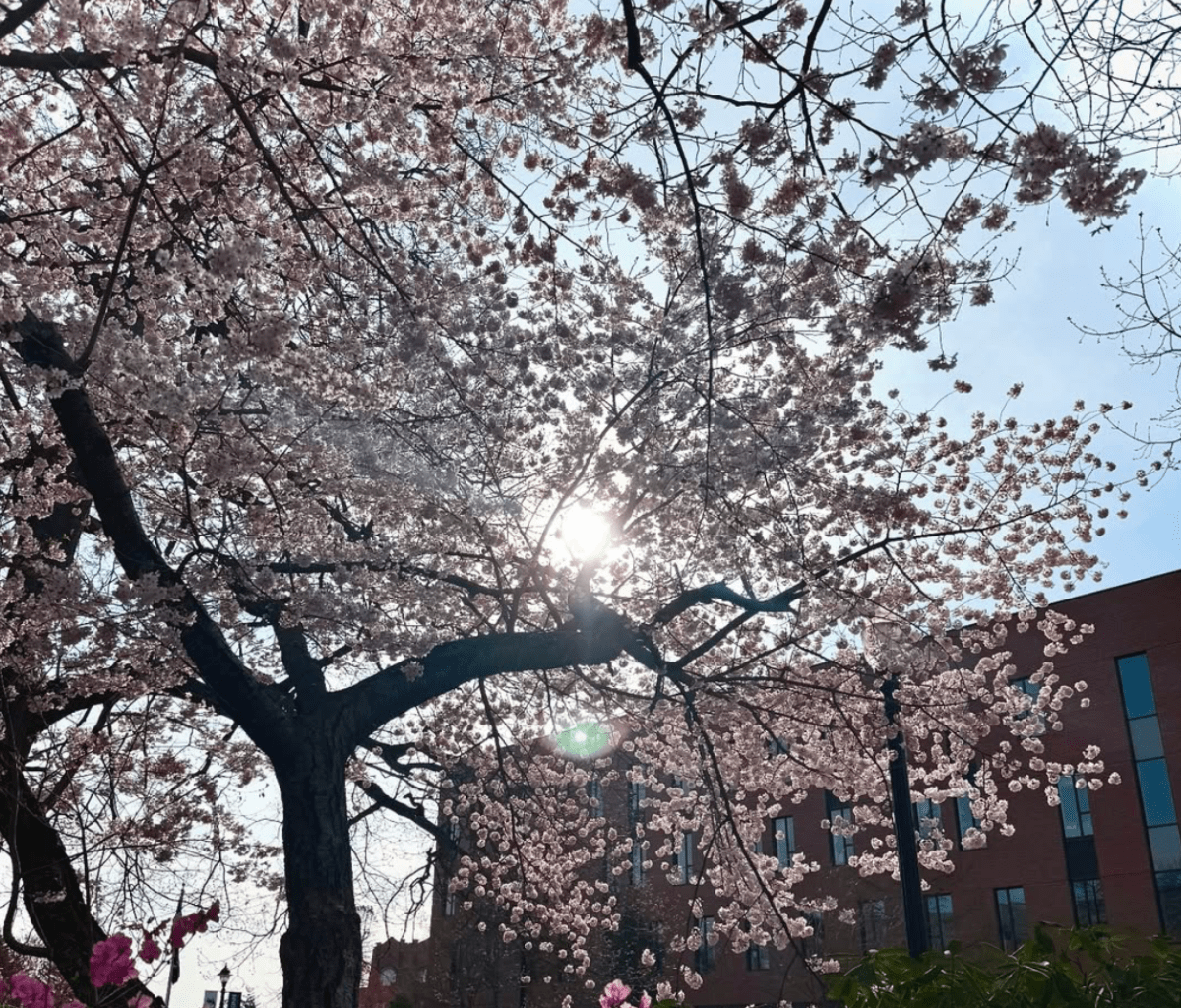Aside from all the typical things that people like to say about your freshman year (make sure to get involved on campus, get out of your comfort zone, etc.) — most of which are true, for the record — I want to give one piece of advice that might be considered slightly unorthodox. To do this requires going back to the first ever day of the first ever class I took at the University of Connecticut, which helped shape how I looked at my relationship with the rest of the world.
9:05 a.m. on Monday, Sept. 27, 2023, was the start of my first day in POLS 1407 – Intro to International Relations with Professor Jeremy Pressman, to this day a class I look back on fondly. Although there may be mostly non-political science majors reading this article, I would still recommend everyone to take this class. Now, on that first day of class, after the usual talk of the syllabus, grading scales, exams and all the works, he assigned us a reading called “The Traffic Light” by Katherine Reese.
This essay’s premise was that the average red-yellow-green stoplight actually has a very significant meaning within global politics. As an almost universally understood symbol — this is to say that most people on Earth understand that red means “stop” and green means “go” — the stoplight has transcended language barriers in a way that allows it to control travel anywhere. The same person, whether seeing a stoplight in rural Connecticut or downtown Seoul, will respond (usually) in the same way, the appropriate way to the direction given to them by the color of the light. This has greatly improved the accessibility of international travel, allowing more people to navigate unfamiliar places without having to relearn some of the rules of the road. And, as a result, it has been wildly important to the growth in international trade, tourism and cultural exchange that occurred during the 20th century, in such a way that the political importance of it can hardly be overstated.
So, to sum up, the stoplight has greatly improved the connectivity of societies in a way rarely seen throughout history, so much so that it has quite literally reshaped international politics in the modern era. All things considered, that makes the stoplight an extremely political subject, which may seem strange to us given that most people don’t usually think about them for more than a few seconds per day. This was the point we focused on in class over the next few days, and it’s what I think freshman ought to consider coming into their next four years here.
If the stoplight, such a miniscule, unimportant part of our daily lives, actually has such a great importance on a macro-level to the functioning of the global world order, then what else might fall into that category? This article raises the possibility that many aspects of our individual existence are really immensely political and important in ways that we only have to think critically about to understand.
And to be clear, the ways listed above are not the only political aspects of the stoplight. For example, they are powered by electricity, which means that whoever has access to stoplights must also have access to electricity, and vice versa. This raises questions about who has access to electricity, who controls that access and how this creates differences in their ability to move around the world, which are all extremely political questions. They are also subject to governmental implementation, and since governments are the typical battleground of politics, then that means stoplights are political in that sense as well. The list of reasons goes on, and, again, could be applied to so many different parts of our daily lives.
To bring the point home now, it should be clear that this logic extends to the entirety of our lives. Every single part, no matter how miniscule or seemingly unimportant, is very political. Simply by the nature of the fact that all of our lives exist in the context of our communities, our institutions and our societies, we invariably impact and our impacted by each other in ways that are political.
Especially college students, who exist within the context of the university — a place in American life that has always been political from its inception as an institution made to uphold societal racism and classism — live extremely political lives. Since most of the students reading are probably UConn students, that grants them an extra political dimension because our education is quite literally a part of our state and federal governments. As such, the way that our governments and their chosen university leaders run this school, what they choose to fund, how they get their money from bombs, guns and genocide, who they let in to this school, what the professors are allowed to teach and research, how much we pay for this school and what we’re allowed to say on these school grounds are all political questions that we are subject to in our daily lives as students here.
As freshman enter a new stage here at the University of Connecticut, they will one day be forced to answer for how their life will interact with these questions and more. There will be those who choose to ignore it, and go on imagining themselves independent of it all, while others will not forget. As they go forth, it is my hope that this incoming class will be like the latter and carry well the immense responsibility that comes with understanding how our lives exist within the broader world.
